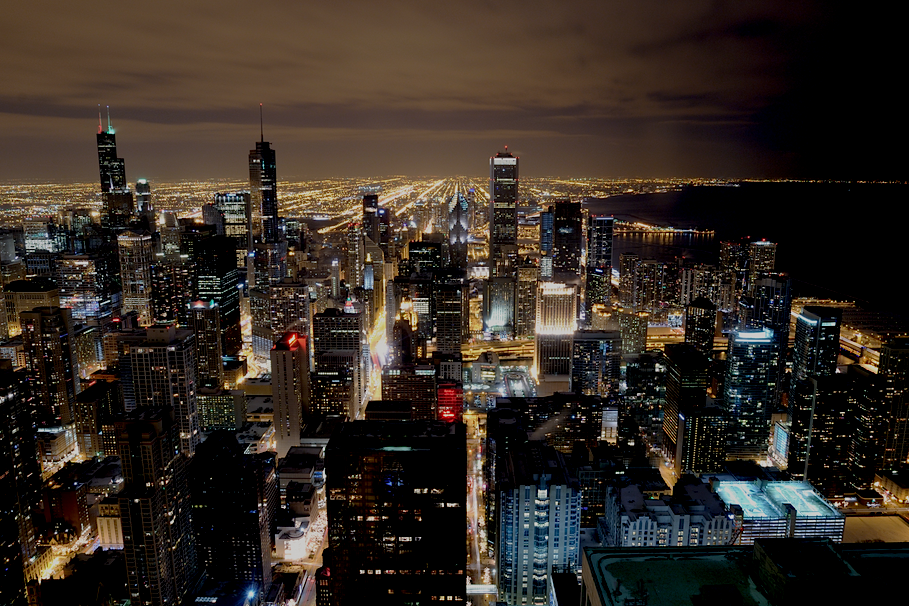 Ah, the food truck. It has been blessing passerby pedestrians with gustatory adventures into the edible unknown for as long as can be remembered—and yet, the Windy City is biting back. In 2012, some hard-hitting, highly restrictive legislation was imposed on these magnificent mobile kitchens. They were to abide by a strict 37 “mobile food vehicle stand” quota. They were banned from setting up shop within 200 feet of brick and mortar restaurants, and forced to evacuate any location they spent more than two hours at. The city further mandated that all food trucks be fitted with GPS systems so their movements could be monitored at all times.
Ah, the food truck. It has been blessing passerby pedestrians with gustatory adventures into the edible unknown for as long as can be remembered—and yet, the Windy City is biting back. In 2012, some hard-hitting, highly restrictive legislation was imposed on these magnificent mobile kitchens. They were to abide by a strict 37 “mobile food vehicle stand” quota. They were banned from setting up shop within 200 feet of brick and mortar restaurants, and forced to evacuate any location they spent more than two hours at. The city further mandated that all food trucks be fitted with GPS systems so their movements could be monitored at all times.
These onerous rules may have been approved into law four years ago, but they were never approved by food truck vendors themselves. In fact, said vendors often acted in direct defiance of these supposed ‘laws.’ They flew their flag proudly within 200 feet of traditional restaurants. They stayed stationary well past two hours if that’s where the profit was. They did what they wanted—until now.
Just recently, The Chicago Sun-Times teamed up with a local television station to expose these food truck hooligans and their open disregard for ill-formed and iller-implemented legislation. As a result of the recent publicity, there has been a “blitzkrieg of citations and fines” against food truck vendors choosing to act how they see fit. This has shed light on what were neglected city ordinances, and the Illinois Food Truck Owners Association is not happy with it.
They even went so far as to call the city’s rules “blatantly crazy,” further citing that the unreasonable expectations “led to some members of our community parking in inappropriate locations and acting in desperate fashion.” Lawsuits are already in the making, having been filed by at least two food truck operators thus far.
Confining food trucks to specific locations is not necessarily such a terrible idea. It could accessibility, simplify the process for both food trucks and hungry consumers, and maybe even bring in some additional revenue for the city. How the metropolis went about it, however, was poorly executed. The areas were too small to house the trucks, too far to entice customers, and too mismanaged to be successful.
Food trucks are an inherent part of the vast majority of major cities, and Chicago should welcome them as such. Of course they should be subject to regulation, but they should not be the victim of overbearing legislation. There is a happy medium to be found.
